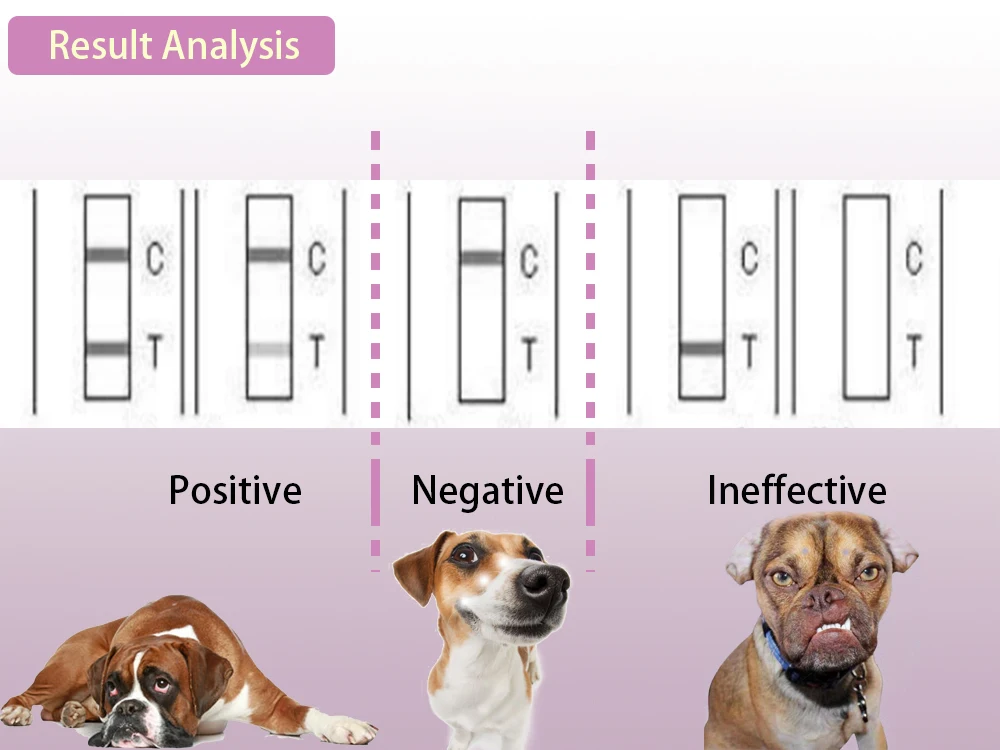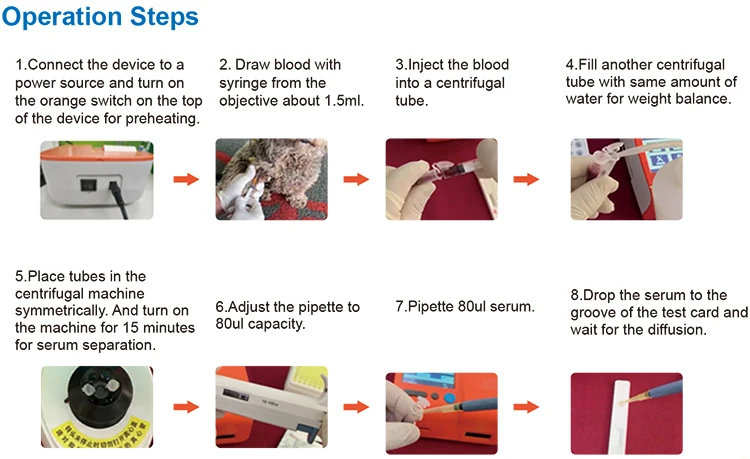# diet before pet scan for cancer: Unlocking the Secrets to Optimize Your PET Scan Results
When preparing for a PET scan, especially for cancer detection, what you eat can significantly influence the accuracy and effectiveness of the results. Unde……
When preparing for a PET scan, especially for cancer detection, what you eat can significantly influence the accuracy and effectiveness of the results. Understanding the diet before pet scan for cancer is crucial for patients who want to ensure that their scans yield the most precise and actionable information. In this article, we’ll explore the best dietary practices to follow before your PET scan, helping you make informed choices that could enhance your overall experience and outcomes.
## Understanding PET Scans
A Positron Emission Tomography (PET) scan is a powerful imaging technique used in cancer diagnosis and treatment planning. It involves the injection of a radioactive tracer, which helps to visualize metabolic activity in the body. Since cancer cells often have higher metabolic rates than normal cells, they absorb more of the tracer, making them easier to detect. However, certain dietary choices can affect how well the tracer is absorbed, impacting the scan's results.
## The Importance of Diet
The diet before pet scan for cancer is not just about what you eat; it’s about timing and composition. Here are some key points to consider:
### 1. **Avoid High-Carbohydrate Foods**
Carbohydrates can interfere with the uptake of the radioactive tracer. Foods rich in sugars and starches can cause insulin spikes, which may lead to false-negative results. It's advisable to limit your intake of bread, pasta, rice, and sugary snacks in the days leading up to your scan.

### 2. **Incorporate Healthy Fats and Proteins**
Instead of carbs, focus on a diet rich in healthy fats and lean proteins. Foods like avocados, nuts, seeds, fish, and poultry can provide essential nutrients without compromising the effectiveness of the PET scan. These foods help maintain stable blood sugar levels, which is crucial for optimal tracer absorption.
### 3. **Stay Hydrated**
Hydration is essential. Drinking plenty of water not only helps your body function optimally but can also aid in the flushing of toxins and improve overall metabolic activity. Aim for at least 8-10 glasses of water daily, especially in the days leading up to your scan.
### 4. **Consider a Ketogenic Diet**
Some studies suggest that a ketogenic diet, which is low in carbohydrates and high in fats, may enhance the effectiveness of PET scans. This diet encourages your body to enter a state of ketosis, where it burns fat for fuel instead of glucose. However, consult with your healthcare provider before making significant dietary changes.

### 5. **Timing Your Last Meal**
Timing is also critical. It’s generally recommended to have your last meal at least 6-8 hours before your PET scan. This fasting period allows your body to stabilize, ensuring that the tracer can be absorbed effectively without interference from recent food intake.
## Foods to Avoid
In addition to high-carb foods, certain items should be avoided entirely before your PET scan:
- **Alcohol:** Can affect metabolism and hydration levels.
- **Caffeine:** May lead to dehydration and increased heart rate.

- **Processed Foods:** Often contain preservatives and additives that can interfere with metabolic processes.
## Conclusion
Understanding the diet before pet scan for cancer is essential for anyone preparing for this important diagnostic procedure. By making informed dietary choices, you can enhance the accuracy of your PET scan results, ultimately leading to more effective treatment plans. Always consult with your healthcare provider for personalized advice and recommendations tailored to your specific health needs. With the right diet, you can take a proactive step in your cancer care journey.